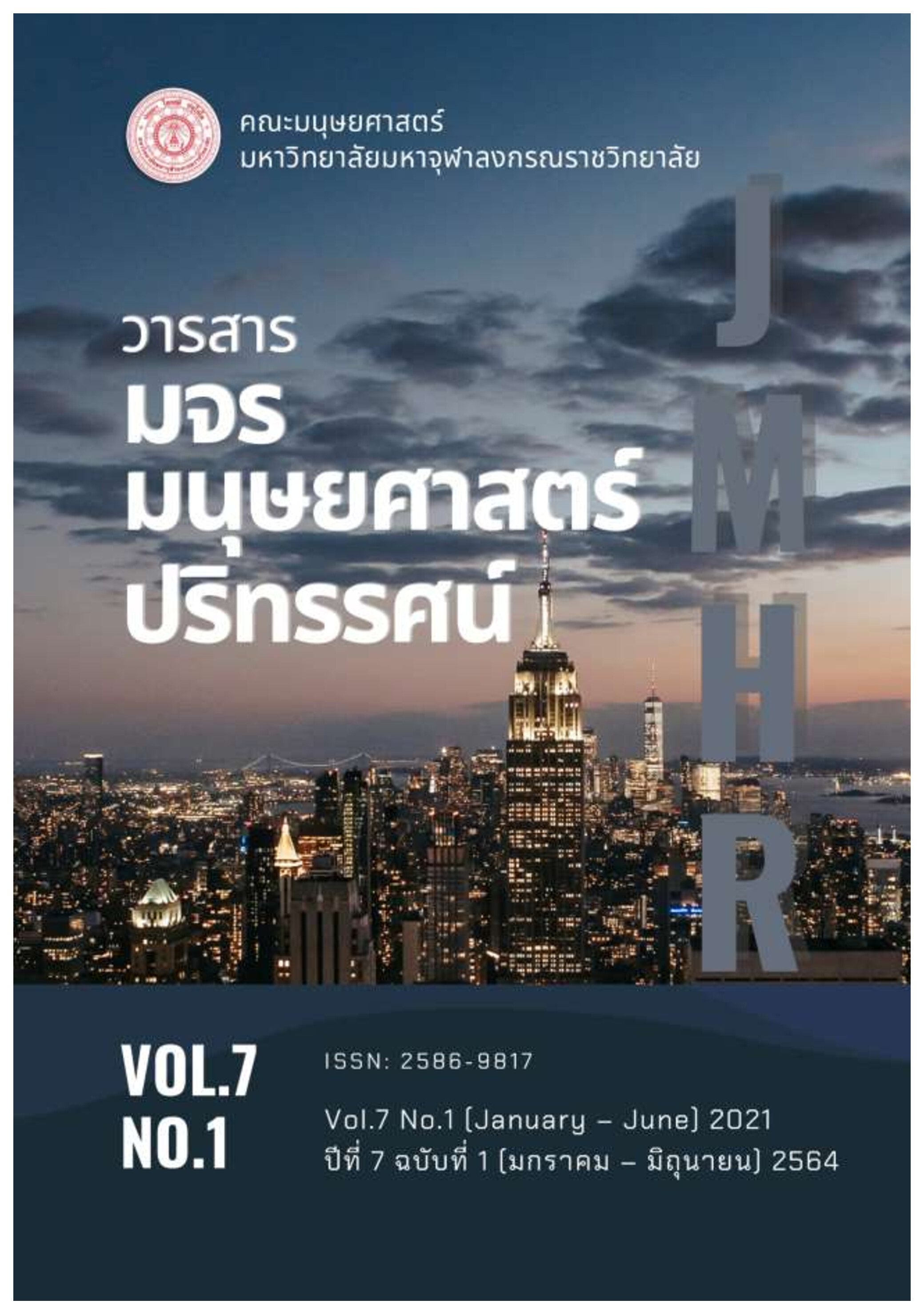An Investigation of Students’ Intercultural Email Writing Tasks through Task-based Language Teaching
คำสำคัญ:
: Intercultural Email Writing Tasks, Task-based Language Teaching (TBLT), Intercultural Communication, English as Foreign Language (EFL)บทคัดย่อ
This study aimed 1) to investigate students’ satisfaction with learning intercultural email writing tasks, 2) to explore students' opinions towards the use of intercultural email writing tasks. Thirty-three students of the University of Phayao were the participants of this study drawn from a cluster random sampling.
There were two sections that investigated students’ satisfaction and explored students' opinions toward the use of intercultural email writing tasks. For students’ satisfaction, a questionnaire was analyzed students' satisfaction using mean, and standard deviation. Regarding students' opinions towards intercultural email writing tasks, the semi-structure interview was analyzed using content analysis. To investigate students’ satisfaction, the highest mean scores found that they could get the knowledge to develop their email writing in the future (Mean = 4.28 and S.D. = 0.70). In contrast, the lowest point found that the students neither agreed nor disagreed which they clearly understood an email’s writing criteria (Mean = 3.17 and S.D. = 0.80). To explore the semi-structure interview, it also found that a number of the students were positive learning intercultural email writing tasks. In conclusion, it shown that the students were satisfied and positive learning through intercultural email writing tasks.
เอกสารอ้างอิง
Bovée, C. L., Thill, J. V., & Schatzman, B.E. (2006). Business Communication Essentials (2nd ed.). New Jersey: Pearson Education Inc.
Bygate, M. (1996). Effects of Task Repetition: Appraising the Developing Language of Learners. In Willis, J. & Willis, D. (Eds.), Challenge and Change in Language Teaching. London: Heinemann.
Chooma, T. (2013). The Influence of Task-based Language Teaching (TBLT) for English Reading Comprehension on Ability of Thai Undergraduate Students. In Society for Information Technology & Teacher Education International Conference 2013 (pp. 3479-3481). Association for the Advancement of Computing in Education (AACE).
Greenfield, R. (2003). Collaborative E-mail Exchange for Teaching Secondary ESL: A Case Study in Hong Kong. Language Learning & Technology. 7(1), 46-70.
Hall, E. T. (1976). Beyond Culture. New York: Anchor Press/Doubleday.
Holtbrügge, D., Weldon, A., & Rogers, H. (2013). Cultural determinants of email communication styles. International Journal of Cross Cultural Management, 13(1), 89-110.
Hyde, C. (2013). Task-Based Language Teaching in the Business English Classroom (Doctoral Dissertation. Ph.D.). University of Wisconsin-River Falls.
Saputri, M. E., & Saraswati, T. G. (2017). High-Low Context Communication in Business Communication of Indonesian. Proceedings of the 3rd International Conference on Transformation in Communication 2017 (IcoTiC 2017), 150, 288-293.
Tachom, K. (2014). Researching innovation in task-based teaching: Authentic use of professional English by Thai nursing students (Doctoral dissertation). University of Southampton.
Willis, J. (1996). A Framework for Task-based Learning. Harlow: Longman.






